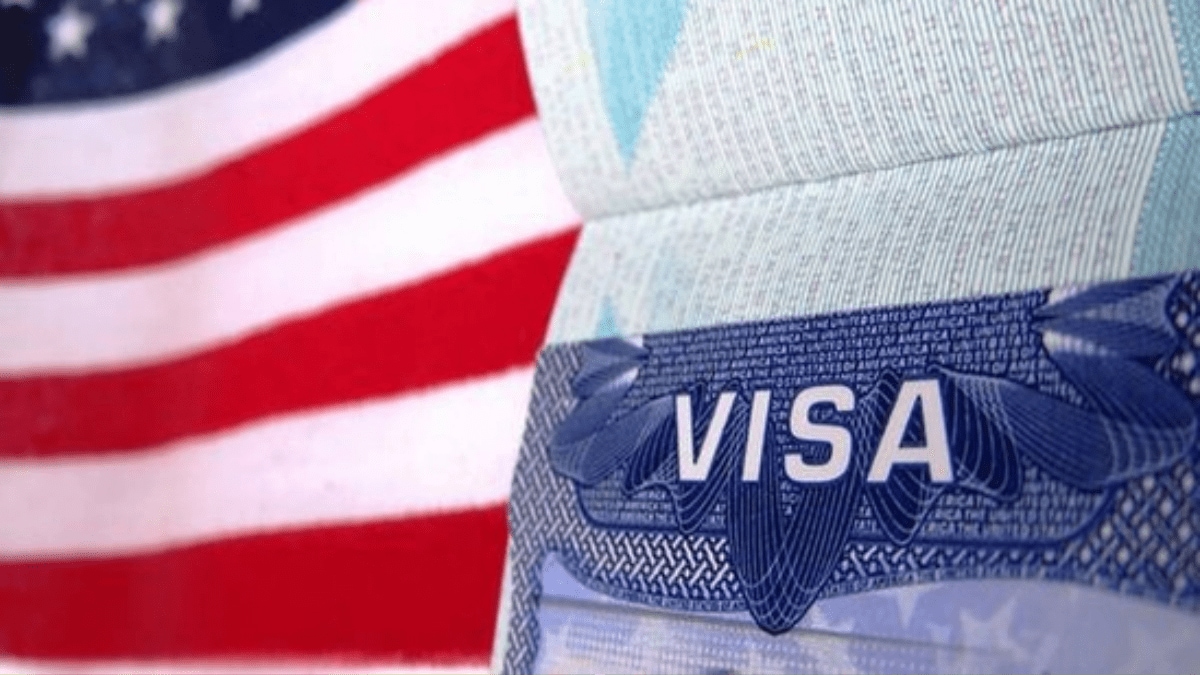As we march into the age of Artificial Intelligence from the age of information technology, questions about the ethical use cases of AI and its impact on human relations become more prominent than ever. As the tech market worldwide gets flooded with a relentless stream of chatbots and ‘companion’ AIs, we must enquire whether these new forms of technology are actually allowing us to connect with each other better or are they throwing us off into a state of social isolation.
As per a research paper put forth by Kim Malfacini, a policy professional at OpenAI, AI-based applications intended for companionship have increased in both availability and capabilities in recent years, alongside a spike in loneliness. According to a 2024 analysis by venture capital firm Andreessen Horowitz, companion AI ranks 16 of the top 100 AI apps used worldwide based on web traffic and monthly active users.
The paper titled, ‘The impacts of companion AI on human relationships: risks, benefits, and design considerations’, talks about the benefits and risks of the adoption of companion AI and how its effect on human relationships might deteriorate one’s social skills for the worse.
Companion AI refers to artificial intelligence chatbots developed to provide the illusion of a social presence and company, and differ slightly from more popular chatbots such as ChatGPT, Grok, Gemini and Perplexity.
While much AI ‘chatbots’ or conversational AI is designed to mimic human interaction, companion AI products are built to meet users’ emotional and social needs by fostering the illusion of a social presence.
Reports on Loneliness
As the popular saying goes, innovation stems from an unmet demand, the rise in the development of such AI chatbots and companions comes at a time when we’re witnessing rapid spikes in cases of loneliness worldwide.
A 2023 report issued by Vivek Murthy, then the U.S. Surgeon General, classified loneliness as an epidemic with severe ramifications for a person’s health. In the report, they presented evidence that loneliness increases your risk for cardiovascular disease, dementia, stroke, and premature death.
What’s undeniable is that loneliness is now being taken seriously enough to warrant government intervention—both Japan and the U.K. have appointed ministers for loneliness. Epidemic or not, it remains widespread and impossible to ignore.
Risks of Companion AI
While there is some research that talks about the benefits of the adoption of such companion AIs for neurodivergent and socially awkward individuals, a larger realm of psychologists and scientists remains wary of the potential impact of such AIs on human-to-human relationships.
Multiple experts in the fields of psychology and AI ethics warn that the infinitely patient, attentive, and ever-available ‘behaviour’ of a companion AI, may lead people to expect the same kind of behaviour from humans around them, a demand that can’t always be met by even the most accommodating individuals.
Psychologist Sherry Turkle cautions, “When one becomes accustomed to ‘companionship’ without demands, life with people may seem overwhelming. Even if social skills are not entirely lost, a gradual erosion could make forming deep human bonds more difficult.
Multiple scientists also suggest that Companion AI might also reduce people’s willingness to interact with each other by decreasing feelings of loneliness in them which, as counterintuitive as it sounds, may not be a good thing.
Psychologists argue that loneliness is not inherently a negative experience, as it can also serve as a motivational signal prompting individuals to seek social connections and form friendships, leading them to better exercise their humanity and experience happiness that stems from such connections.
While there has been limited and mixed empirical research done on these subjects, some cases of users’ suicides in 2023 have flagged concerns about the use of companion AI, particularly among teenagers and children. Scientists have warned that an addiction to such apps for teenagers, who remain the largest customers of such apps in the first place can possibly disrupt their psychological development and have long-term negative consequences for their ability to empathise with others.
However, as of now, most of the broader concerns flagged above remain largely theoretical as we’re yet to witness the wider societal impact of AI on human relationships and the ongoing loneliness epidemic. Though one thing remains for sure that at the current stage of development, one must pay definite caution as to not completely rely on AIs for companionship and emotional stimulation.








